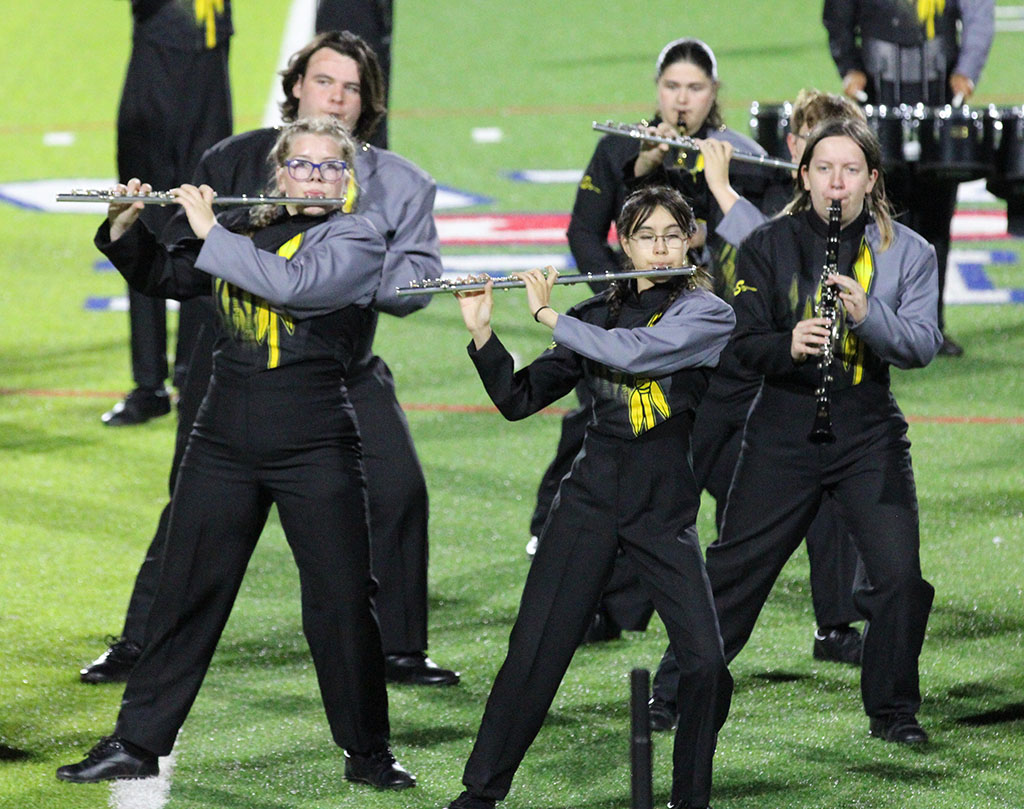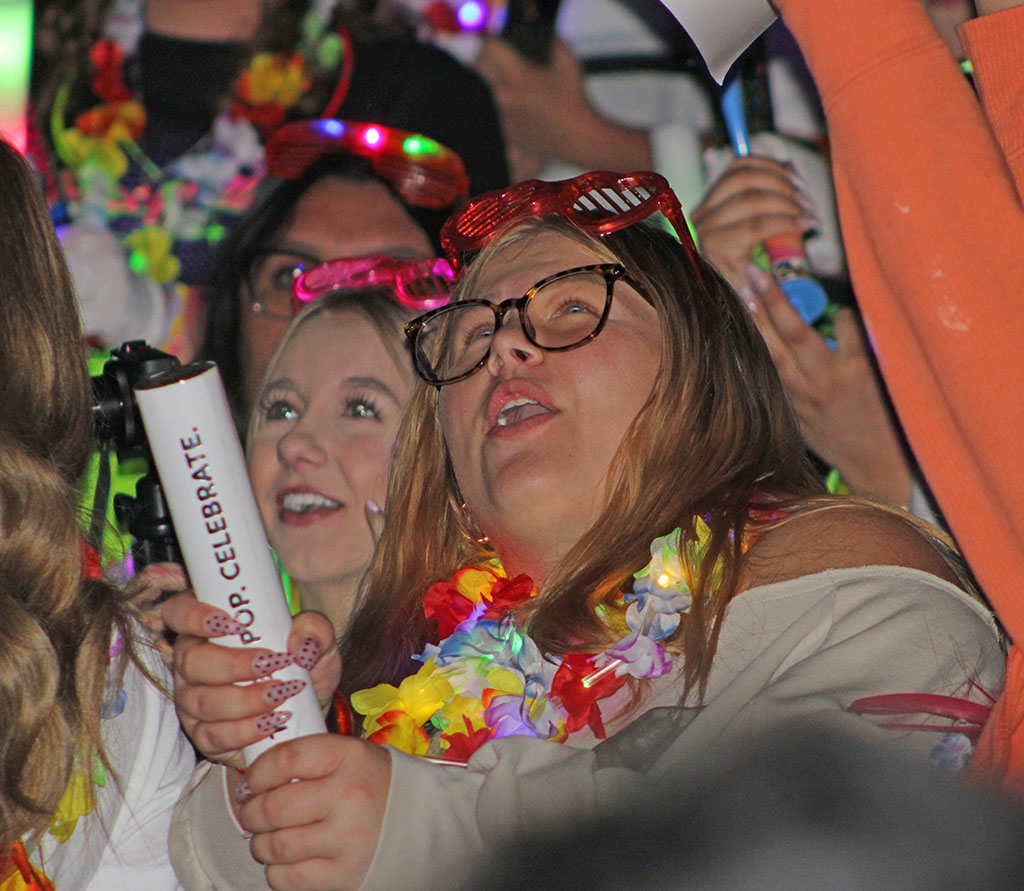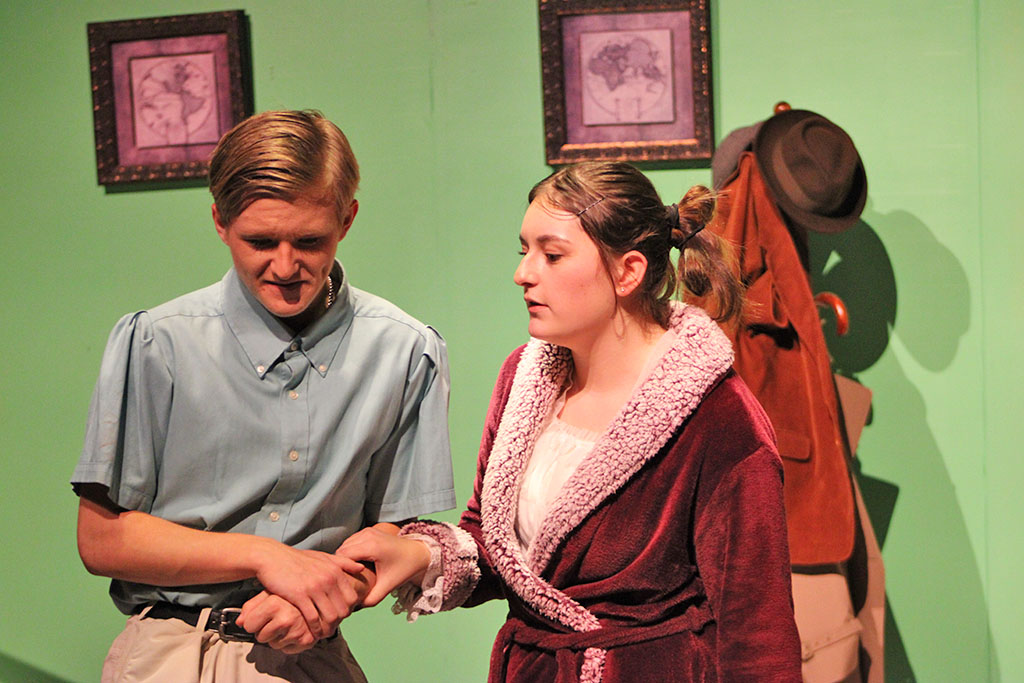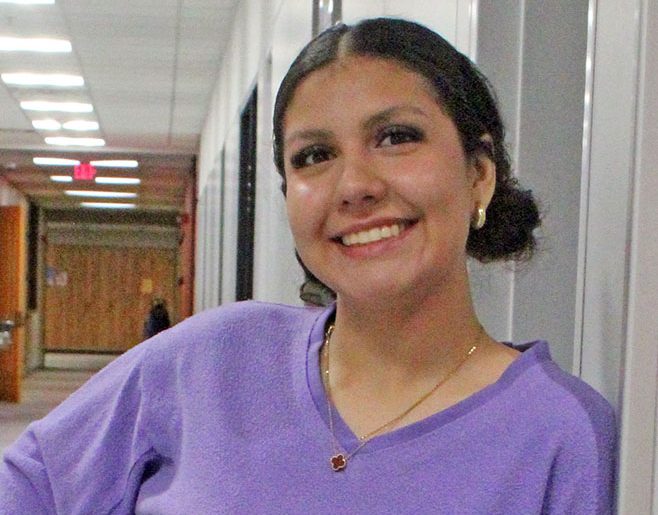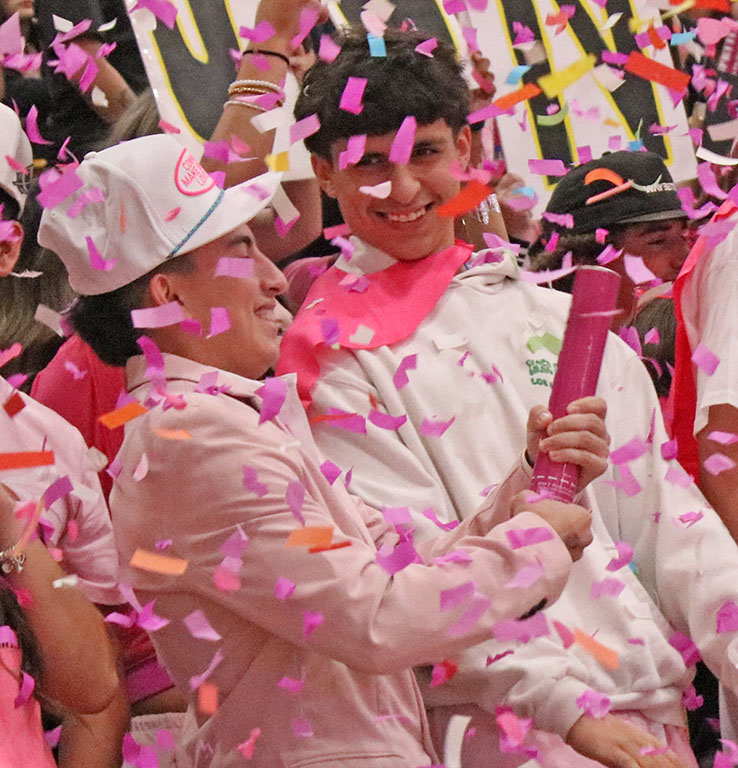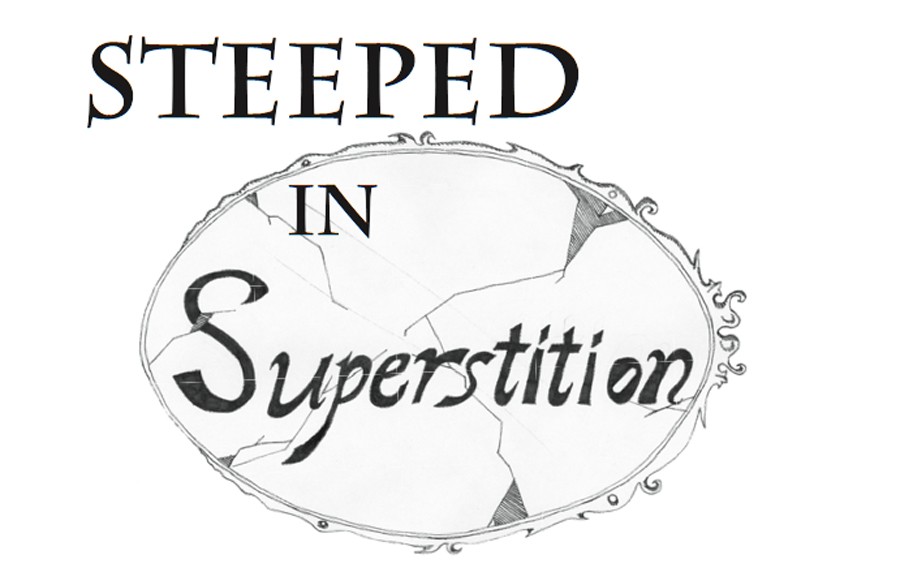Everyday routines hide magical rituals
Today is a day filled with taboo. Bad luck, superstitions and evil are associated with Friday the 13th. Superstitions are present in every culture. American culture is no exception, filled with an amalgamation of all the cultures that settled within its borders– typical superstitions and fears of Friday the 13th, broken mirrors, black cats and walking under ladders, but humans are often superstitious without even realizing it, disguising it as luck or traditions.
“I’m not really superstitious,” junior Haylie Hicks said. “If a black cat crosses my path, I’m like, ‘Oh. That’s bad luck,’ but it’s not like I follow through and really believe it.”
Other than in the movies, most people don’t dwell on black cats or hide in their houses on Friday the 13th, but people do find themselves stuck in a traditional routine or claiming to do things like crossing their fingers out of habit.
“I always do things the same way,” senior Jake Froese said. “I don’t like stepping out of my comfort zone, so I do what’s comfortable, even if it’s not the best way. Change is difficult.”
While students often find that parking in the same area or walking with a specific friend to class makes a difference in their moods and days as a whole, a few take a different approach.
“I don’t do things the same way every day,” freshman Kami Luettgen said. “My schedule is hectic so I go with the flow and am flexible.”
Organization can play a roll in superstition as well.
“I don’t do things the same every day,” Hicks said. “I am not that organized, and I don’t think it has any outcome on my day. I think it’s kind of funny and ridiculous when people are extremely superstitious because one little thing that you do doesn’t change the scheme of events.”
Athletes develop routines and habits that evolve into superstitions depending on success or failure.
“I am superstitious,” senior Justin Hernandez said. “Before every football game, I had a ritual. I played my favorite song and ate my favorite snack. Also, if I wore the same socks, and we won, then I had to wear them again. I did wash them though.”
Hernandez was superstitious during baseball season as well.
“Before every time I bat, I’ll get the knob of my bat and draw a smiley face and then a cross in the dirt,” Hernandez said. “The smiley face is because games are supposed to be fun, and the cross is a reminder that God is with me and playing is for Him.”
Coaches often encourage players’ superstitions and pick up a few of their own.
“My superstitions deal with wearing the same thing for basketball games until we lose, then I try different outfit,” Coach Steven Kinner said. “If we’re playing badly, and I’m standing up, then I sit down. If we make a shot, I won’t stand back up.”
Superstitions deal with luck or winning and losing. Eventually, they become so routine that they become innocent traditions like secret wishes on eyelashes or birthday candles.
“I guess I believe in good superstitions,” sophomore Kaily Murphy said. “I do wish on 11:11 and dandelions, but I’ve never seen a shooting star.”
Superstitions evolve with groups of people.
“I believe in traditions,” Hicks said. “In one-act play, we have things we do that are kind of superstitious. We have pins that we wear over our hearts every performance, and the cast always holds hands right before they reveal who is advancing.”
Traditions mold families, teams and extracurricular activities, and the ordinary person’s daily routine. “I think the phrase, ‘Tradition is always under construction’, means tradition can always be changed,” Hernandez said. “If it doesn’t work out for you, then change. You’ve got to do what you’ve got to do. If it works, it works, but you can get a little too carried away with superstitions.”
A recent Gallup poll said that at least half the American population admitted to being at least somewhat supperstitious. Additionally, beliefs in witches, ghosts and haunted houses have increased over the past decade. Superstitions and long-lived traditions only have an effect on people if they have a mindset that allows it to control the outcomes to some extent.
“I don’t believe in traditions that much,” Froese said. “They seem to serve no purpose besides sentimental value.”
Stuart Vyse, PhD, and the author of Believing in Magic: The Psychology of Superstition, called this kind of belief “magical thinking”. In a WebMD article, Vyse said, coaches encourage athletes to repeat a mantra to find calm or focus which is not necessarily superstitious, but if the same athlete thinks tapping the ball a certain number of times makes him or her win, it becomes a superstition.
Superstitions, traditions, and belief in luck are usually passed down through generations and instilled in young children.
“I don’t ever believe in luck,” junior Blayne Childers said. “I think it’s the skill of a person who gets things done.”
It doesn’t take skill to be afraid of Friday the 13th or to find a penny heads up, but when it comes down to a game of baseball or a normal day, routine and a positive attitude have a lot more to do with the outcome than any ritual or superstitious belief.



